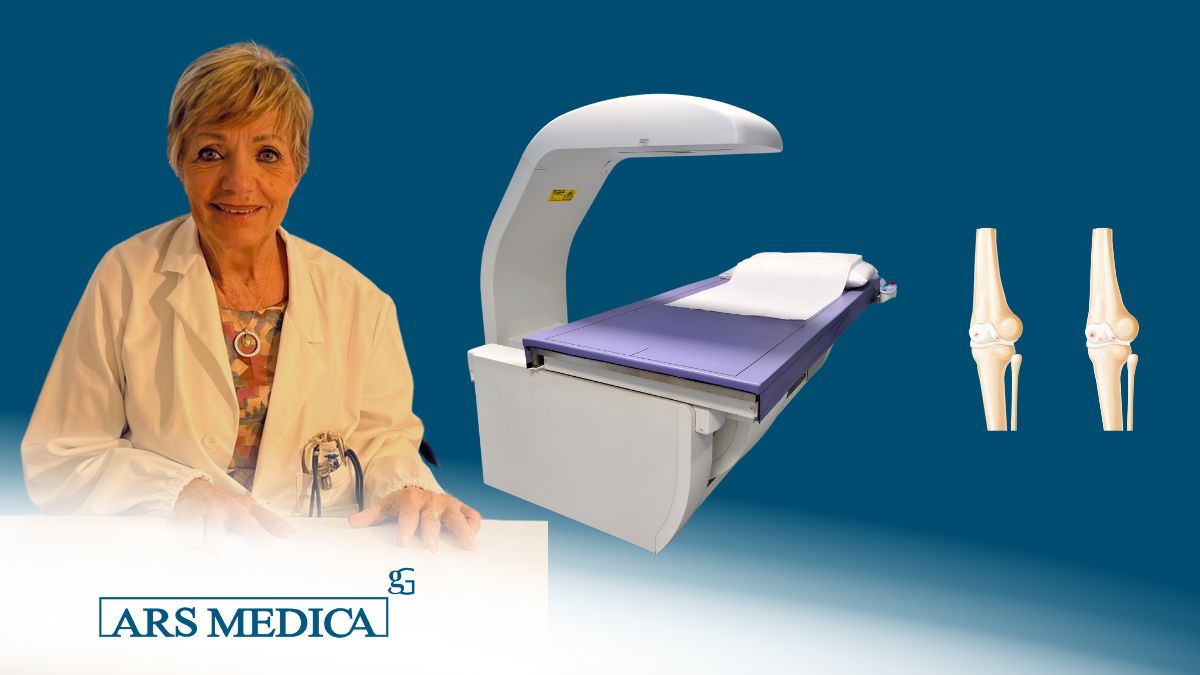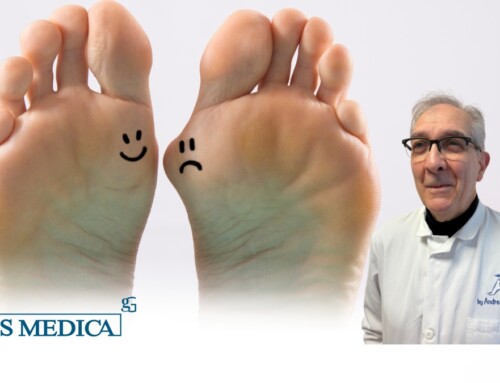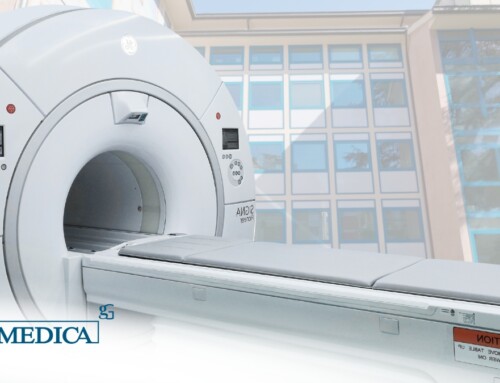
Articolo del 10/04/2025
Osteoporosis is a condition marked by decreased bone mineral density, which leads to increased bone fragility and a higher risk of fractures—even from minor falls or, in more advanced cases, without any trauma at all. It primarily affects postmenopausal women, but it can also impact men, particularly in older age or when certain risk factors are present.
To detect early bone loss and prevent the complications associated with osteoporosis, one of the most effective diagnostic tools is the DEXA scan (Dual-Energy X-ray Absorptiometry), also known as Bone Densitometry. This quick, painless test measures bone density and helps assess fracture risk, enabling physicians to recommend targeted treatments or personalized prevention strategies.
We spoke with Dr. Olivetti, gynecologist and osteoporosis specialist, to better understand the importance of this exam.
“The DEXA scan is a crucial tool—especially in advanced age, around 80 years—because in the presence of osteoporosis, spontaneous fractures become a real risk,” says Dr. Olivetti.
1. Is the exam only for women?
No, the DEXA scan is not exclusively for women.
While it’s most commonly recommended for postmenopausal women, men—particularly those with risk factors or advanced age—can also benefit significantly from early screening and monitoring.
2. Why is it so important for osteoporosis prevention?
The DEXA scan plays a key role in osteoporosis prevention because it:
-
Enables early diagnosis: It accurately measures bone mineral density, allowing detection of bone loss before fractures or symptoms appear.
-
Assesses fracture risk: Fragile bones increase the likelihood of fractures, even from minor impacts. The DEXA scan helps identify at-risk individuals, so timely preventive measures can be taken.
-
Monitors treatment effectiveness: For those already undergoing treatment for osteoporosis or bone loss, the scan allows doctors to track progress and adjust therapies as needed.
-
Identifies risk factors: Factors such as age, menopause, family history, corticosteroid use, and certain medical conditions can accelerate bone loss. Routine scans help tailor prevention plans to the individual.
-
Supports long-term quality of life: Healthy bones are essential to staying mobile, active, and independent well into later life.
3. When should it be done?
The scan is generally recommended:
-
After age 50, especially for women who have entered menopause
-
In the presence of risk factors, such as family history of osteoporosis, chronic conditions, or the use of bone-depleting medications
-
Following fractures due to fragile bones or minimal trauma
4. Are there any contraindications?
No, there are no contraindications to undergoing a DEXA scan.
The exam requires no special preparation and is safe, simple, and non-invasive.
A timely DEXA scan can make all the difference in preventing osteoporosis and safeguarding bone health. It is a quick, straightforward, and risk-free procedure that plays a pivotal role in identifying early signs of bone fragility.
At Ars Medica, you can undergo a DEXA scan without waiting lists, benefiting from fast, professional, and precise evaluation.
Taking care of your bone health today means securing a better quality of life tomorrow.









